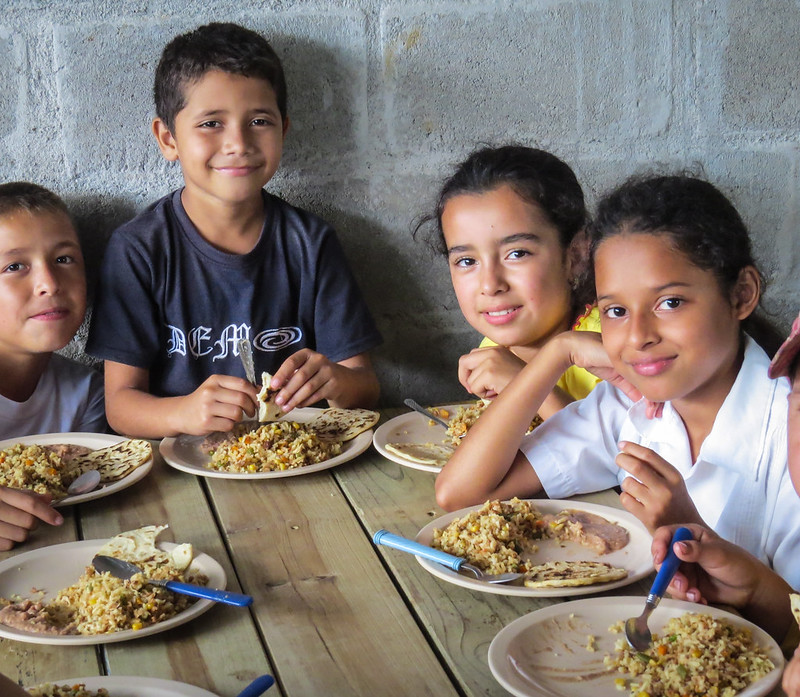How Food for the Poor Is Fighting Poverty in Honduras
 Honduras is located in Central America and suffers from high levels of poverty. According to the World Bank, Honduras is one of the poorest and most unequal countries in the Central American region, with more than 50% of the population living in poverty. Food insecurity in the region remains high due to climate activities and the poor economic state of the country.
Honduras is located in Central America and suffers from high levels of poverty. According to the World Bank, Honduras is one of the poorest and most unequal countries in the Central American region, with more than 50% of the population living in poverty. Food insecurity in the region remains high due to climate activities and the poor economic state of the country.
Furthermore, the United States Agency for International Development (USAID) estimates that 23% of all children less than 5 years old in Honduras suffer from stunting as a result of chronic malnutrition and how vital it is that this issue be addressed.
Food for the Poor (FFTP)
Food For the Poor began operating in Honduras in 1999 in order to help mitigate the effects of Hurricane Mitch, which battered Central America in 1998. FFTP works alongside charities such as CEPUDO, which is a locally-based charity operating in San Pedro Sula. Currently, FFTP is involved in 99 projects and aims to:
- Builds schools to provide access to education above grade six.
- Establish livelihood and income-generation projects.
- Ship and distribute food to support nutrition programs at schools and community centers.
- Ship medicine, pharmaceuticals and supplies to hospitals and clinics across the country.
- Build safe and secure homes for families.
- Send items to be included in emergency kits as part of emergency preparedness and response efforts.
Furthermore, in an effort to combat food insecurity in the region, FFTP partnered with Feeding My Starving Children and sent 62,208 MannaPack Rice meals to hundreds of Honduran families facing food insecurity in 2023. MannaPacks are a special meal for malnourished children that contains protein, vitamins and minerals. It is aimed at undernourished children in the Global South.
Partnerships
In 2009, FFTP partnered with CEPUDO to provide 5,000 Honduran schoolchildren with new desks and 48,000 residents with new shoes. This was in addition to the $204 million worth of educational supplies, food and health care items donated by FFTP in the previous years. The Executive Director of FFTP claimed that the most important way of breaking the cycle of poverty is through education and that was the spark behind the desk program.
CEPUDO and FFTP also provide workshops and training classes in education and community centers to aid poverty-stricken communities. Currently, the organizations are building a sustainable village in San Antonio. The village will “provide greater access to education, food, health, income generation and safe housing for families in need.”
This sustainable village will feature a vocational agricultural school. Additionally, there will be a health clinic designed to serve more than 1,000 residents and a women’s income-generation center. The organizations are also supporting local coffee farmers and implementing women’s empowerment training workshops that support careers in baking, sewing and more.
– Cordelia Moore
Cordelia Moore is based in Lewes, UK and focuses on Good News for The Borgen Project.
Photo: Flickr
